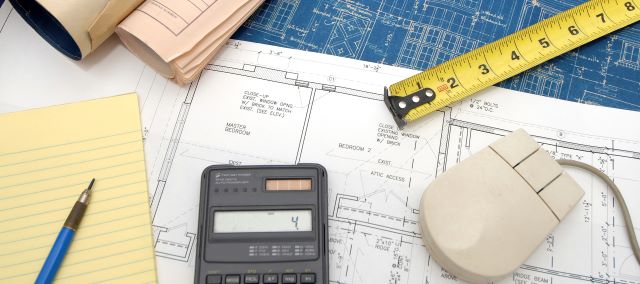Beacon Pathway’s research suggests that many people would find it easier to build and retrofit their homes sustainably if council policies, plans and processes were more supportive of sustainable design. Even when policies are neutral or supportive of sustainable building, Beacon’s research has identified that Council administrative processes can be a disincentive.
Yet, Beacon’s assessment of existing council policies and programmes suggests that councils which want to successfully promote more sustainable homes in their districts can make it easier for homeowners to build and retrofit more sustainable homes.
Council officers have told us that there is strong interest in sustainable building within councils, but many feel that they are only at the beginning of the journey. Currently, there are limited resources, knowledge gaps, and a generally piecemeal approach to policy initiatives to support sustainable residential building.
Why should councils promote sustainable homes?
For councils, there is a strong value case for being involved in promoting more sustainable homes in their regions, districts, and cities. Sustainable homes promote the health, economic efficiency, and environmental well-being of communities. They can reduce demand for infrastructure and services provided by councils.
Building and renovating sustainable homes can also offer significant employment opportunities. For every 1,000 houses that are retrofitted, 151 full-time equivalent jobs are required on-site, and a total of 392 full-time equivalent jobs would be required to provide the necessary products and services.
There is a good legislative basis for councils to promote more sustainable building choices, and there are a range of tools that councils could employ to this end. Opportunities exist in council strategies, regulation, design guidance, economic tools, community education, and – importantly – in councils’ own administrative practices.
There are numerous small opportunities across all aspects of council operations, to develop a comprehensive and effective approach to encouraging more sustainable homes. Building on the policies and programmes that are already in place in different councils, there is considerable scope to strengthen and extend the range of initiatives that councils offer.
A resource manual for local government
Based on our research with local government, in sustainable renovation and in defining what makes a sustainable home, we have developed Policy Options for Sustainable Homes: A Resource Manual for Local Government. This Resource Manual sets out to assist councils to:
- Understand the context: why we need sustainable homes and what is the value to councils of promoting sustainable building?
- Define the outcomes: what makes a sustainable home?
- Establish the basis for action: what are the legislative prompts for council action?
- Evaluate the options for action: a detailed assessment of the initiatives that councils could develop, identifying the scope, pros and cons, and existing examples of the different methods.

